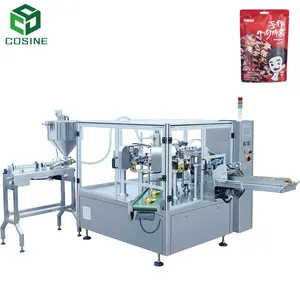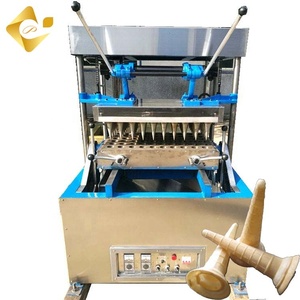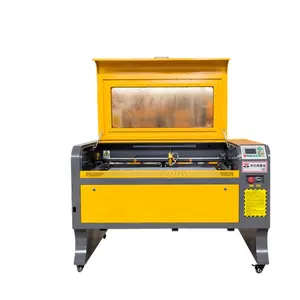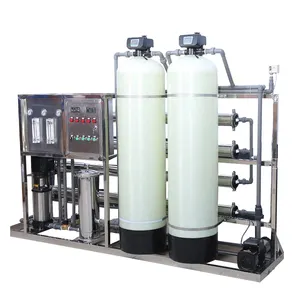Popular in your industry

















Related Searches:
























Top categories
About machinery division
Introduction to Machinery Division
The machinery division is a crucial sector that encompasses various types of machines utilized in industrial applications. These machines play a vital role in enhancing productivity, efficiency, and automation in different industries. Within the machinery division, companies like lakshmi machine works machine tool division, lmw textile machinery division, sharp tools machinery division, and united rentals heavy machinery division are prominent players offering a wide range of machinery for different purposes.
Types of Machinery in the Industry
Within the machinery division, there are various types of machines available to cater to different industrial needs. These include CNC machines, industrial robots, material handling equipment, 3D printers, and agricultural machinery, among others. Each type of machinery serves a specific purpose and is designed with unique features to optimize performance in its respective application.
Technical Advancements and Features
The machinery division has witnessed significant technological advancements over the years, leading to the integration of features that enhance precision, speed, and reliability. Modern machinery is equipped with advanced control systems, IoT connectivity, AI capabilities, and automation features to streamline operations and improve overall efficiency. Additionally, materials used in manufacturing machinery have also evolved, ensuring durability and longevity.
Benefits and Business Value
Investing in machinery from reputable companies within the machinery division offers several benefits for businesses. These machines help in increasing production output, reducing manual labor, improving product quality, and meeting strict industry standards. By incorporating advanced machinery into operations, businesses can gain a competitive edge, enhance workflow efficiency, and achieve cost savings in the long run.
Choosing the Right Machinery
When selecting machinery from the machinery division, it is essential to consider factors such as the specific industrial application, required capacity, precision levels, maintenance needs, and budget constraints. Companies should evaluate the technical specifications of the machinery, including power capabilities, speed variations, load capacities, and safety features, to ensure the chosen equipment aligns with their operational requirements.
Key Features to Look For
When browsing through the offerings in the machinery division, buyers should pay attention to key features that can impact performance and efficiency. These features may include high-resolution touchscreen interfaces, multi-axis control systems, energy-efficient mechanisms, remote monitoring capabilities, and customizable options for tailored solutions. By selecting machinery with the right features, businesses can optimize their production processes and achieve better results.
Machinery Maintenance and Care
Proper maintenance of machinery is essential to ensure prolonged lifespan and consistent performance. Regular inspections, lubrication, cleaning, and calibration of machinery components are necessary to prevent breakdowns and minimize downtime. Additionally, following manufacturer guidelines for maintenance schedules and conducting timely repairs can help in preserving the integrity and functionality of the machinery.
Industry-Specific Machinery Solutions
Various industries have unique requirements when it comes to machinery, and companies within the machinery division offer specialized solutions to cater to these needs. Whether it is heavy machinery for construction, precision tools for manufacturing, or automation systems for automotive production, there are diverse options available to address specific industry challenges and enhance operational efficiency.
Future Trends in Machinery Development
The machinery division is poised for continued evolution with upcoming trends focusing on sustainability, digitalization, and smart manufacturing. Innovations such as eco-friendly machinery designs, predictive maintenance technologies, real-time data analytics, and collaborative robotics are shaping the future of the industry. By staying abreast of these trends, businesses can adapt to changing market demands and embrace cutting-edge machinery solutions.


























